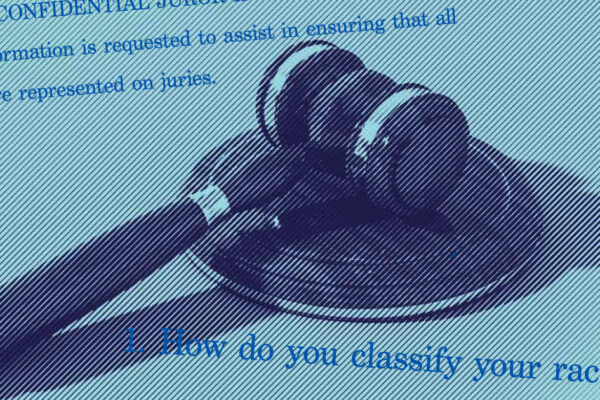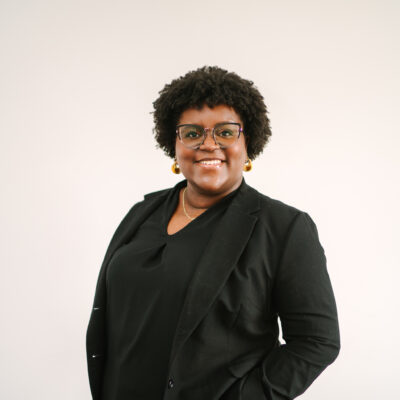Do Nebraska’s juries reflect the diversity of our communities? That is an important question without a clear answer, but a few proposed changes to Nebraska’s jury qualification form might help.
To understand why those changes are needed, it helps to understand how forms are used and how the current form falls short.
By law, juries need to be made up of a fair cross-section of the community. With that goal in mind, jury pools in Nebraska are developed by issuing qualification forms to randomly selected names pulled from voter registrations, driver’s licenses and other state IDs. Unless you qualify for an exemption from service, when you receive a form, it means you will soon be part of a jury pool that will get winnowed down to a jury of 6 or 12 members depending on the case and court.
The pool and the final jury should look like our communities, but there is anecdotal evidence that is not always the case. At the inaugural Nebraska Summit on Justice and Disparities last week, public defender and NAACP speakers raised concerns about the lack of diversity on juries.
Today, we do not have the hard numbers to know how often jury pools reflect communities. One reason why is the current qualification form. Right now, our state’s jury qualification form includes demographic questions on their own page. They appear after the signature section and under a confidential notice that says any provided information is only available for research purposes “as authorized by the Nebraska Supreme Court.” Setting aside the question of if our publicly-funded courts should be able to restrict this information to “authorized” research, there is another problem. The placement encourages people to ignore the demographic questions.
Fortunately, the Nebraska Judicial Branch’s Access to Justice Commission and Committee on Equity and Fairness have a solution. Under their proposal, demographic information would be moved to the main section of the questionnaire and the confidential notice appearing before those questions would be struck.
In May, we submitted a letter in support of that proposal and the Nebraska Supreme Court is currently considering the proposed move. We are hopeful that the justices will approve the proposal in the near future.
If approved, this change should result in a reliable county-by-county look at the demographics of anyone who fills out the form because they were selected for possible jury duty. That is important information given that representative juries are critical for fair criminal legal proceedings.
As our letter points out, there is no separating these proposed changes from the context of the last few years. Discussions of bias and racism in the criminal justice system took on new urgency nationally and locally after the racial justice protests in the summer of 2020. Some of those conversations were focused on the lack of diversity within the legal profession (a fair point as there is a clear racial disparity among prosecutors and judges). Additionally, many police departments are not representative of their communities. In Nebraska, these disparities must be considered alongside the fact that Black, Indigenous and Latine Nebraskans are all overrepresented in our jail and prison cells and have been for years.
This disproportionate representation can mean a person of color could be arrested, charged, and have criminal proceedings against them without seeing someone who looks like them at any stage of the process. Therefore, having a representative jury is often the only opportunity for a defendant to have members of their community see and hear them as their case moves through the legal system. Of course, the presence of diversity in a jury does not mean that others’ biases will disappear, but racially representative juries can shed light on aspects of a case that might otherwise go unnoticed and help enrich the deliberation process.
The proposed changes to the qualification form represent a step forward on ensuring that juries reflect our communities, but the improvements cannot stop there. Online forms, such as Lancaster County’s, would benefit the entire state. We recommend ensuring every Nebraska county allows the qualification form to be completed online with demographic questions required for submission. The judicial branch should also include a demographic category for someone who identifies as two or more races, matching the U.S. Census.
The bottom line is that a diverse jury sends a powerful message that the legal system values inclusivity and respects the voices of all community members. These changes can help equip court officials and others in their efforts to make sure Nebraska’s juries truly look like “We the People.”


